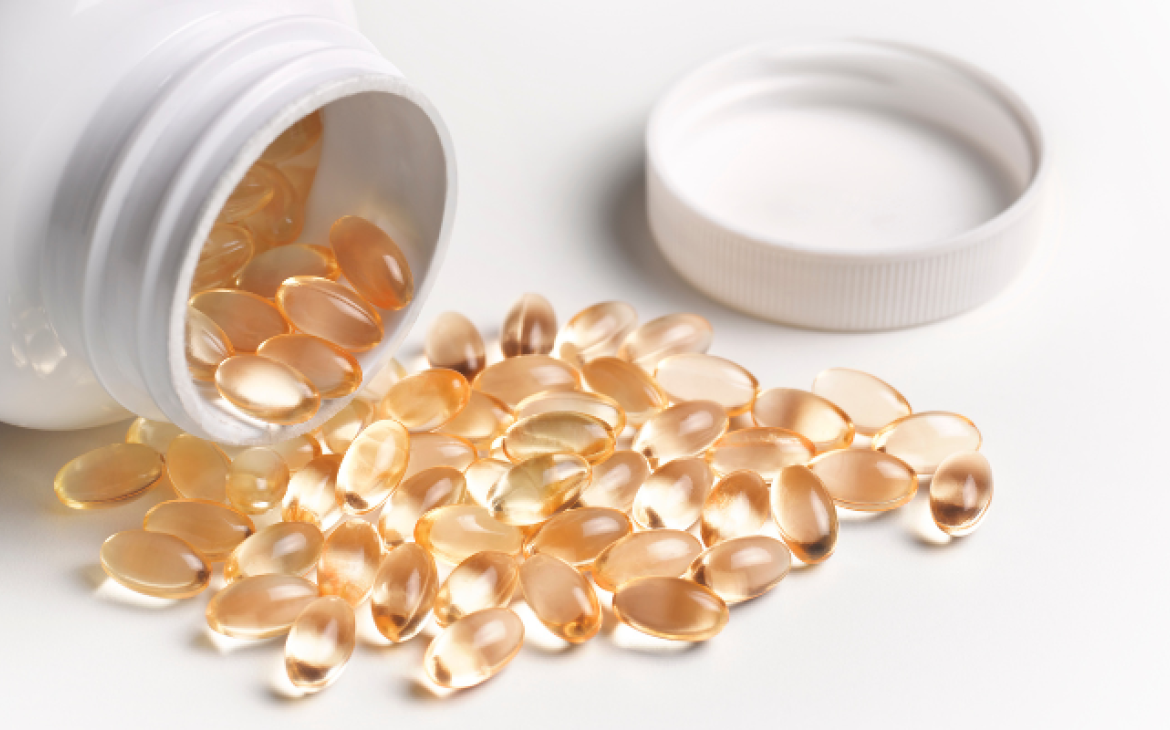
Before the Dietary Supplement Health and Education Act (DSHEA) defined dietary supplements as a sub-set of foods, questions about how they would be regulated created heated discussion in the US market.
In the early 1990’s, after the passage of the Nutrition Labeling and Education Act (NLEA) the US Pharmacopeia included monographs for what it termed “nutritional supplements” – which were dosage forms that contained ingredients with recognized Recommended Daily Allowances (RDAs), such as vitamins and minerals. After the enactment of NLEA any dietary supplement containing ingredients without nutritional RDA was stopped by customs – because it was not considered a dietary supplement, but a drug. Likewise, if a product contained more than 100% of the RDA, it was also stopped, because if it exceeds the recommended daily allowance, it could not be considered a supplement.
DSHEA Creates a New Industry in the US
The passage of DSHEA in October 1994 resolved the confusion by clarifying that dietary supplements would be regulated as a subset of foods. But, it effectively created a new industry in the US, one that has grown into a multi-billion dollar industry.
To help dietary supplement manufacturers, USP created a new compendium specifically intended to address the needs of the growing dietary supplements industry. First published in 2009, the Dietary Supplement Compendium (DSC) is a comprehensive resource for manufacturers looking for suitable, unbiased and scientifically sound specifications for their products along with industry and regulatory guidance and analytical methods for testing common ingredients. The DSC includes all the relevant monographs from the USP-NF as well as the relevant monographs from the Food Chemical Codex. The 3rd edition of the DSC will be published next year.
Regulatory Confusion in International Markets After DSHEA
Those items that are available on the shelves of the US markets as dietary supplements are also wanted by people outside the US. And so there is an incentive for US companies to export those items to other countries. But when they go to other countries, manufacturers are finding that they are facing barriers similar to the ones they faced in the US before DSHEA. That’s because there is no regulation in many countries for these items.
Other countries may have regulation for drugs or for foods, but the category of dietary supplements has not been fully developed.
Instead, products considered dietary supplements in the US are categorized in any number of ways overseas. For example, CoQ10 is included in the Japanese Pharmacopeia and regulated as a drug. Likewise, the European Pharmacopeia has monographs for Echinacea as a drug – but Echinacea is not considered as a food supplement even though Europe has regulations for food supplements through the European Food Safety Authority (EFSA).
Instead, many countries have an intermediate category of “traditional medicines” with different requirements for registration than those which are required for drugs. So, when customs officials see these products coming from the US, they are often stopped at the border because there is confusion about what regulatory category they fall into.
International Governments Draft New Regulations for a New Industry
Many countries have realized that there is a need to create new regulatory frameworks for dietary supplements and these invariably come with a new set of quality standards.
International regulators are looking at the impact of DSHEA in the US – both the pros and the cons - as they draft these new regulations.
In some cases international agencies are creating regulations similar to DSHEA, but usually they are more stringent. Examples of pre-market requirements that international regulators are requiring for dietary supplements that are not required under DSHEA include:
· Registration;
· Pre marketing approval of chemical and manufacturing controls;
· Pre marketing review of safety and benefit claims.
There is a lot of pressure from US manufacturers that export dietary supplements to make sure international legislations are as similar to DSHEA as possible.
USP - a Leader in Dietary Supplement Quality Standards
At USP, our hope is that as these new international regulations emerge they will pay more attention to quality standards.
As it stands now, USP is the only pharmacopeia that has standards for dietary supplements and the dietary supplement compendium is the only collection of standards for dietary supplements specifically dedicated to that category.
For more information about USP’s history of setting quality standards for botanical medicines, vitamins, minerals and supplements read this blog post by USP Chief Science Officer Dr. Srini Srinivasan.
Gabriel Giancaspro, Ph.D., is the vice president for foods, dietary supplements and herbal medicines at the U.S. Pharmacopeial Convention (USP).


